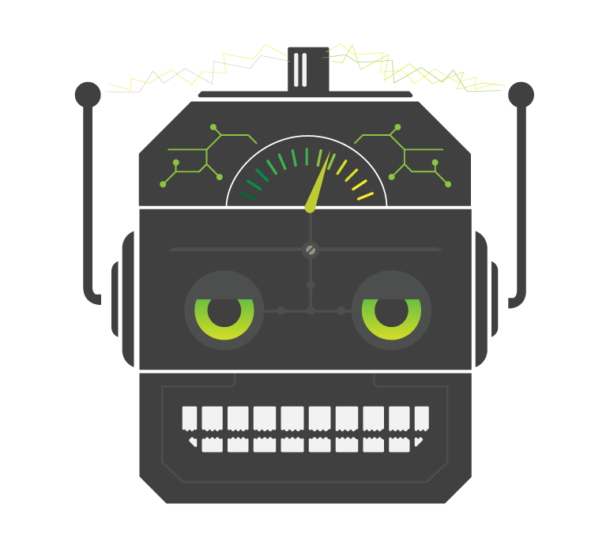
DPL Reading List – March 15, 2019
Here are some of the new and interesting articles we found this week.
The World Wide Web Turns 30: Our Favorite Memories from A to Z – “Over the past 30 years, major portions of the web have come and gone. They’ve made us laugh and cringe, let us waste time and find friends, and reshaped the world in the process. For its anniversary, we’re looking back at some of our favorite websites, from A to Z, as well as some key people and technologies.”
The Financial Upside of Being an Optimist – “Optimism does not mean ignoring reality. In our work, we define optimism as the expectation of good things to happen, and the belief that behavior matters, especially in the face of challenges.”
calc.exe is now open source; there’s surprising depth in its ancient code – “Microsoft’s embrace and adoption of open source software has continued with the surprising decision to publish the code for Windows Calculator and release it on GitHub under the permissive MIT license. The repository shows Calculator’s surprisingly long history. Although it is in some regards one of the most modern Windows applications—it’s an early adopter of Fluent Design and has been used to showcase a number of design elements—core parts of the codebase date all the way back to 1995.”
The World Wide Web Turns 30 Today. Here’s How Its Inventor Thinks We Can Fix It – “The Internet has accelerated countries’ economic development and transformed the way political campaigns are run. It has fundamentally changed commerce, communication, and countless other spheres of life. But the mindblowing complexity of that new world of ubiquitous, accessible information has thrown up unpredictable new problems as well as solutions to old ones.”
How to Create a Feedback Culture – “Be clear on what feedback looks like, when it’s going to happen, and make sure you follow through on it. The more it happens, the more people will expect it — and the better they’ll get at it.”
Wristwatch Heart Monitors Might Save Your Life — and Change Medicine, Too – “Seven years ago I started tracking my blood sugar because I didn’t want to lose a foot. Now, after a month of using the Series 4 Apple Watch, I’m reminded what data can mean for my heart and, by extension, my mind. The red dot on the digital crown of my Series 3 Watch was comforting. It meant that I had cell coverage and wasn’t out of touch. Now, the red circle on the Series 4 feels even more reassuring — but in an entirely different way.”
Yes, you’ll fail. This is how you’ll actually learn from it – “Everyone makes mistakes–everyone. So the difference is, are you learning from them? It’s the only way you can improve performance. You have to take a clear, focused approach to what you want, and build from the foundations of failure.”



